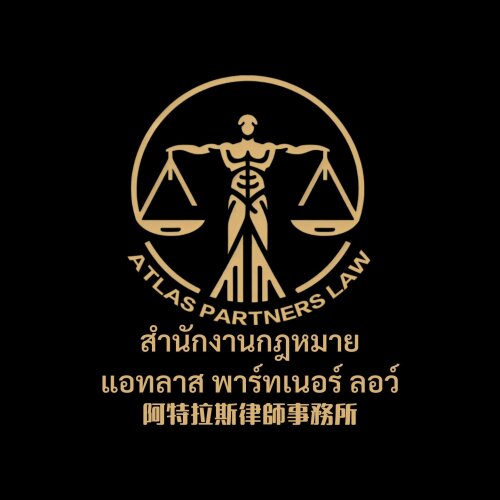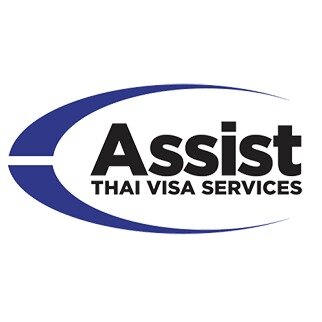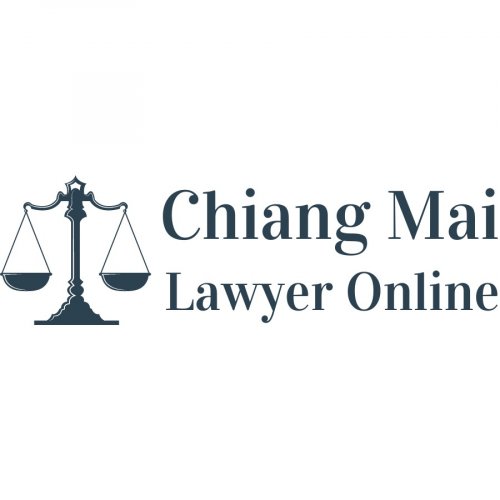Best International Trade Law Lawyers in Chiang Mai
Share your needs with us, get contacted by law firms.
Free. Takes 2 min.
List of the best lawyers in Chiang Mai, Thailand
Legal guides written by SIAM LEGAL INTERNATIONAL:
- Defamation Laws in Thailand: Criminal Charges and Civil Suits
- The State of Thailand’s Long-Term Resident (LTR) Visa Program in 2025
- The Penalties Of Not Filing Your Income Tax Return As A Foreigner In Thailand
About International Trade Law in Chiang Mai, Thailand
International Trade Law in Chiang Mai, Thailand, encompasses the regulations and statutes that govern the exchange of goods, services, and capital across international borders. As part of Thailand's broader legal framework, these laws aim to facilitate smooth and fair trading practices while ensuring compliance with international agreements. Chiang Mai, being a growing commercial hub in northern Thailand, has seen an increase in international trade activities, making an understanding of these laws crucial for businesses engaged in cross-border commerce. The enforcement and interpretation of these laws are carried out by both local and national authorities, ensuring that international trade adheres to both local and global standards.
Why You May Need a Lawyer
Engaging a lawyer specializing in International Trade Law in Chiang Mai can be essential for several reasons:
- To navigate the intricate regulations of import and export processes.
- To ensure compliance with both Thai and international trade agreements and sanctions.
- To assist in resolving trade disputes and litigations.
- To provide legal advice on protecting intellectual property rights across borders.
- To facilitate negotiations and drafting of international sales contracts and agreements.
These scenarios, among others, highlight the complex legal landscapes businesses face in international trade, necessitating professional legal guidance.
Local Laws Overview
Chiang Mai, like the rest of Thailand, operates under specific laws that affect international trade:
- The Customs Act regulates the import and export of goods, with stringent procedures to ensure compliance and avoid penalties.
- The Foreign Business Act limits foreign ownership in certain business sectors, which can impact foreign trade operations.
- Various import/export regulations govern the licensing, tariffs, and duties applicable to international trade activities.
- The intellectual property laws protect trademarks, copyrights, and patents crucial for international business ventures.
- Thailand is a member of the World Trade Organization (WTO), which influences its trade policies and practices.
Understanding these laws is vital for anyone involved in international trade in Chiang Mai.
Frequently Asked Questions
1. What is the role of the Thai Customs Department in international trade?
The Thai Customs Department is crucial in regulating imports and exports, ensuring compliance with the law, and collecting duties and taxes on goods entering or leaving Thailand.
2. How does the Foreign Business Act affect foreign traders in Chiang Mai?
The Foreign Business Act restricts foreign investments in certain sectors, which can impact international businesses looking to operate or trade within those industries.
3. What are the primary documents required for importing goods into Thailand?
Key documents include a commercial invoice, bill of lading, packing list, certificate of origin, and any applicable licenses, permits, and tariff documentation.
4. Are there specific trade agreements Thailand is a party to that could benefit my business?
Yes, Thailand participates in several trade agreements such as ASEAN Free Trade Area (AFTA), Thailand-Australia Free Trade Agreement (TAFTA), and others that can offer tariff reductions and other trade benefits.
5. How can a lawyer assist with resolving international trade disputes?
An experienced lawyer can provide representation in negotiations or litigation, ensuring the fair resolution of trade disputes according to Thai and international laws.
6. What customs duties should I expect when exporting goods from Thailand?
Export duties vary based on the type of goods. It's important to consult with a customs expert or lawyer for specific duty rates and compliance requirements.
7. Can I protect my trademark internationally when trading from Chiang Mai?
Yes, through Thailand's intellectual property laws and by registering your trademark in other jurisdictions via tools like the Madrid Protocol.
8. What legal procedures are involved in international sales contract drafting?
Drafting an international sales contract typically involves negotiations, clear terms on delivery and payment, compliance with relevant laws, and dispute resolution mechanisms.
9. Do I need a special license to import certain goods into Thailand?
Yes, certain goods require specific import licenses or permits depending on their category and regulatory requirements.
10. What steps should I take to ensure compliance with Thailand’s trade regulations?
Engage a legal expert to review your operations, obtain necessary licenses, ensure accurate customs declarations, and keep abreast of changes in trade laws.
Additional Resources
For further guidance and resources on international trade in Chiang Mai, consider consulting:
- The Department of Business Development (DBD) under the Ministry of Commerce, Thailand
- The Board of Investment (BOI) for incentives and policies on foreign entities
- Chiang Mai Chamber of Commerce for networking and business support
- Intellectual Property Department for assistance with trademark and patent registration
- Local legal firms specializing in international trade law
Next Steps
If you require legal assistance in International Trade Law in Chiang Mai, consider the following steps:
- Identify your specific needs or the trade-related issues you face.
- Research and contact local law firms with expertise in international trade.
- Prepare relevant documents and information ahead of your consultation with a lawyer.
- Consult with a legal expert to discuss your situation and receive tailored advice.
- Implement the legal strategies recommended by your lawyer to ensure compliance and protect your interests.
Lawzana helps you find the best lawyers and law firms in Chiang Mai through a curated and pre-screened list of qualified legal professionals. Our platform offers rankings and detailed profiles of attorneys and law firms, allowing you to compare based on practice areas, including International Trade Law, experience, and client feedback.
Each profile includes a description of the firm's areas of practice, client reviews, team members and partners, year of establishment, spoken languages, office locations, contact information, social media presence, and any published articles or resources. Most firms on our platform speak English and are experienced in both local and international legal matters.
Get a quote from top-rated law firms in Chiang Mai, Thailand — quickly, securely, and without unnecessary hassle.
Disclaimer:
The information provided on this page is for general informational purposes only and does not constitute legal advice. While we strive to ensure the accuracy and relevance of the content, legal information may change over time, and interpretations of the law can vary. You should always consult with a qualified legal professional for advice specific to your situation.
We disclaim all liability for actions taken or not taken based on the content of this page. If you believe any information is incorrect or outdated, please contact us, and we will review and update it where appropriate.

















